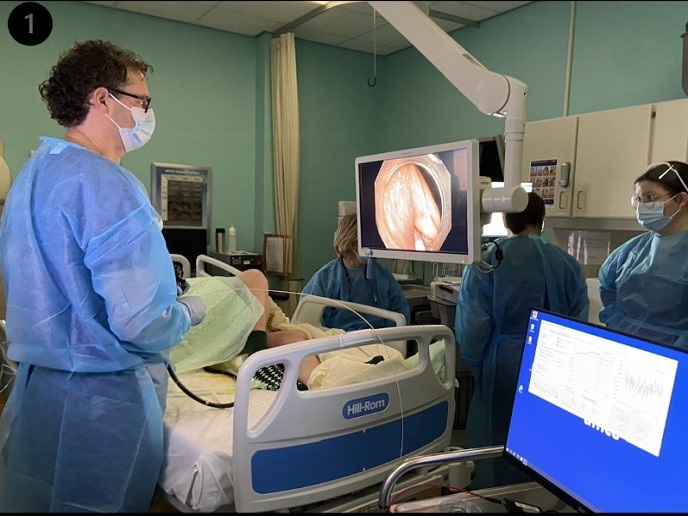Young ‘ethnographers’ investigate the impact of online pornography
In the UK, the highest rate of certain sexually transmitted infections (STIs) is among people under 21 and the majority of pregnancies among under-18-year-olds are unplanned. At the same time the ubiquity of online sexualised and pornographic content is believed to be transforming attitudes and behaviour among young people in ways that are not well understood. The EU-funded PE4PPI project used an anthropological form of inquiry by peer group researchers the same age as the study target group of 16–18 year olds to better glean insights that can inform and improve sexual health services for young people, as well as sexual relationship education (SRE) which will become compulsory in all British schools from September 2019. Young people took on the role of researchers to reduce the barriers in talking to people their own age. “We call it peer ethnography because the approach goes beyond classic interviewing and discussions, it includes observation and analysing conversation,” says anthropologist Joanna White, senior research fellow at the Bristol Centre for Public Health and Well-being at the University of the West of England, Bristol. The World Health Organisation definition of sexual health includes ‘…physical, emotional, mental and social well being in relation to sexuality’ and the project used this broad definition to explore young people’s experiences and views. Consulting the users is essential if you want to improve sexual health services and SRE, Dr White says and the researchers elicited new knowledge on gender conditioning, role models and pressures relating to behaviour in intimate and sexual relationships. The role and impact of internet pornography The research also revealed the inadequacies of SRE in schools which is currently “underserving young people at critical stages in their emotional and sexual development,” says Dr White, who received a two-year EU Marie Skłodowska Curie fellowship to conduct the research. “In schools there is too much emphasis on biological aspects of sex and limited discussion of relationships and what intimacy means.” “None of the young people involved in the project ever had a detailed conversation with their parents about sex. Young people are in need of information and advice,” she says. Perhaps unsurprisingly some go online, pornography being readily available. The ethnographic research examined how 16–18 year olds use the internet as a source of information on sex and revealed varied exposure to, and interest in, online pornography at different ages. Some found it informative, but a number of young men said they regretted their early exposure, watching it less once they had a sense of what a ‘real’ relationship could be like. Input into better sexual health services and education SRE literature refers to an age-appropriate response, but this is not defined. “We need a clearer understanding of what it means, given what we know about young people’s exposure to sexualised online content at an increasingly early age,” says Dr White. “We confirmed existing concerns regarding the role of pornography in sexual expectations amongst certain young heterosexual men,’ she continues. “In particular the harassment elements of sexualised ‘male banter’ in the school setting, often informed by pornography, which appears to have become normalised, is an issue which requires immediate and urgent attention.” The young researchers are providing input into the development of new online sexual health services for Bristol, North Somerset and South Gloucestershire in Western England to better meet young people’s information needs.







